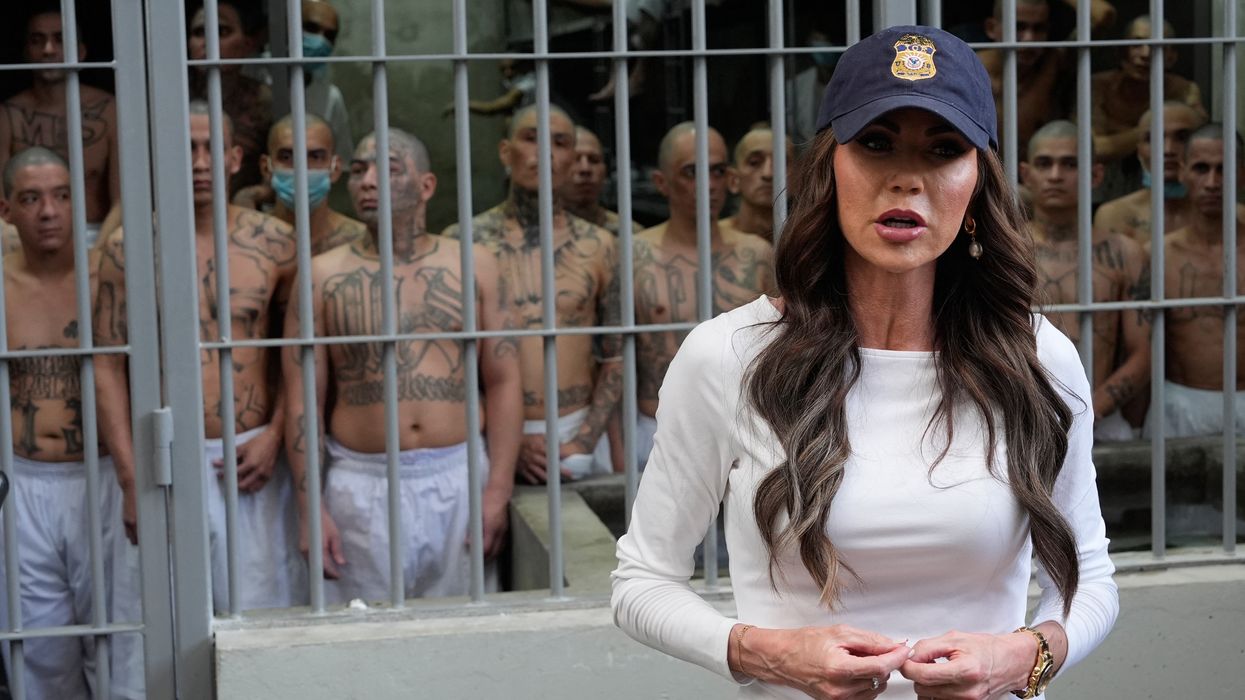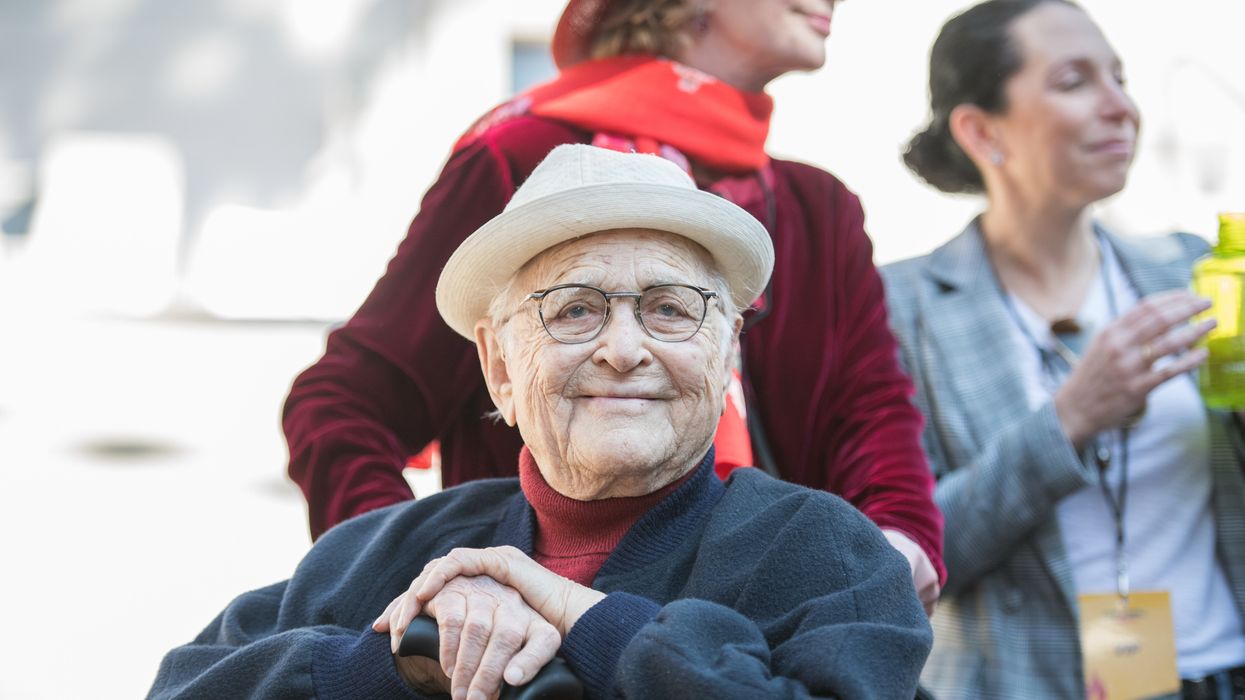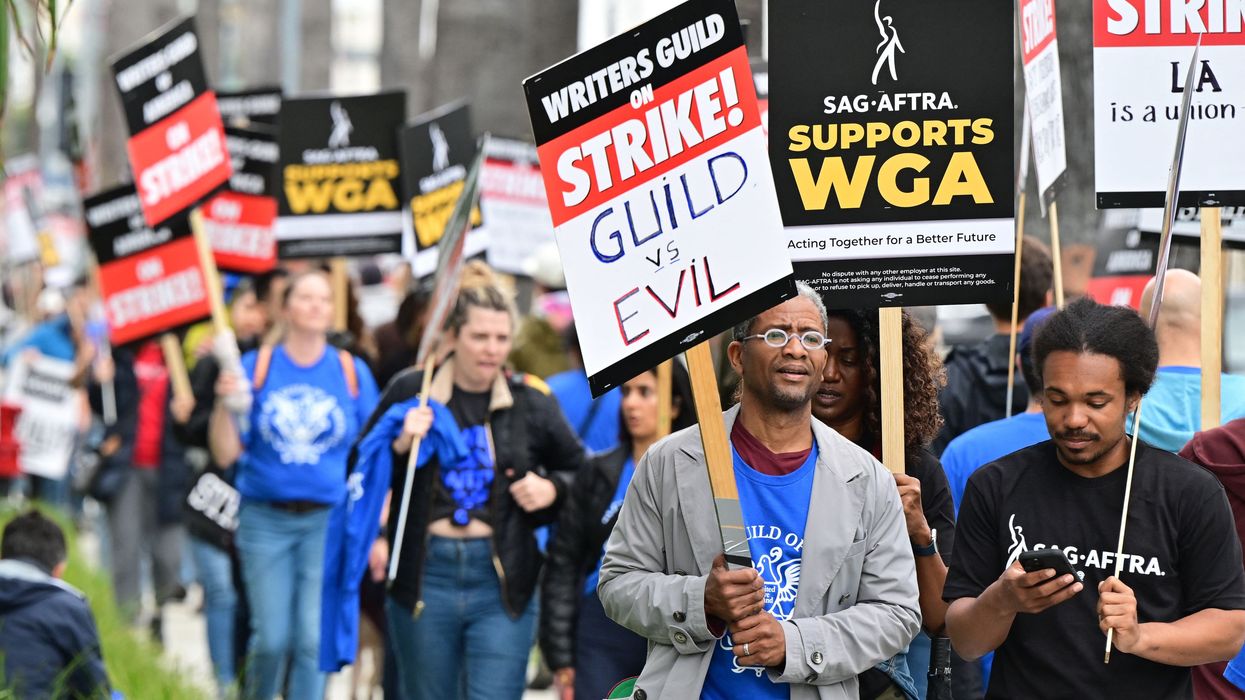The show, which ran for eight seasons and inspired several spin-offs, featured the bigoted Archie Bunker at its center, with his progressive daughter and son-in-law, influenced by the 1960s counterculture, frequently challenging his views.
"All In the Family" broke new ground by confronting Bunker's homophobia, his wife Edith's experience of going through menopause, widespread opposition to the U.S. war in Vietnam, and racism.
"Honesty about white racism was such a relief," reflected Maya Wiley, CEO and president of the Leadership Conference on Civil and Human Rights.
As critic Ben Brantley said on social media, Lear "redefined what could be said and seen on television" and "made the uncomfortably narrow American mind the center of a sitcom."
Other hit series included "The Jeffersons," which featured an upwardly-mobile Black family and which Lear said he was inspired to write after members of the Black Panthers told him, "Every time you see a Black man on the tube, he is dirt poor." The family at the center of the sitcom discussed issues including alcoholism, interracial relationships, and classism. As Danielle Cadet wrote at HuffPost in 2012, the show "opened doors for future black actors, and its success proved that African American sitcoms did, in fact, resonate with general audiences."
"Sanford and Son," about a Black junk dealer who often butts heads with his more open-minded son, "mine[d] laughs in a setting that in real life had been torn apart over police abuse issues not long before, during the Watts riots of August 1965," noted the International Academy of Television Arts and Sciences. In "Good Times," a Black woman faced challenges as she raised her family in public housing in Chicago.
The success of Lear's series meant that "anyone who ever had a chance to say something pointed or political in American television entertainment owes Norman Lear their adoration and awe," said TV writer and producer David Simon.
The nonprofit group Abortion Access Front paid tribute to another series, "Maude," in which the title character had an abortion in an historic 1972 episode.
"We humbly aim to continue the legacy of smashing stigma and promoting the vitality of abortion access through humor," said the group, posting a clip for the episode in which Maude's daughter says, "We're free, we finally have the right to decide what we can do with our own bodies."
The show "broke many barriers," said researcher Steph Herold, not only by being the first sitcom to contain a plotline dealing with abortion care, but also by having "the first abortion plotline that centered the woman instead of her partner, doctor, or lawyer, the first legal abortion plotline."
"Norman Lear moved minds through the moving image," said U.S. Sen. Ed Markey (D-Mass.). "His commitment to social justice ran through his work."
Lear founded the progressive group People for the American Way (PFAW) in 1981 and oversaw its advocacy on behalf of LGBTQ rights, freedom of speech, and other issues.
He later established groups that aimed to push for voter registration among young people, promote socially responsible behavior by corporations, and encourage the entertainment industry to educate viewers about environmental damage.
Lear was awarded lifetime achievement awards from the Producers Guild of America, the Television Critics Association, and the free expression group PEN Center USA, as well as a National Medal of Arts in 1999.
As Common Dreams reported in 2017, Lear refused to attend a reception at the White House to celebrate the Kennedy Center's decision to honor him that year, saying he did not want to mark the occasion at the home of then-President Donald Trump, who had slashed arts funding.
"I can't see myself visiting a White House, what [Trump] called a dump, that dumps on the National Endowment for the Arts," he told The Washington Post.
PFAW noted on Wednesday that Lear considered himself a patriot, and once wrote that he would not "surrender that word to those who play to our worst impulses rather than our highest ideals."
"That belief shone through in his work," said the group.




